#Grigory Orlov
Explore tagged Tumblr posts
Photo
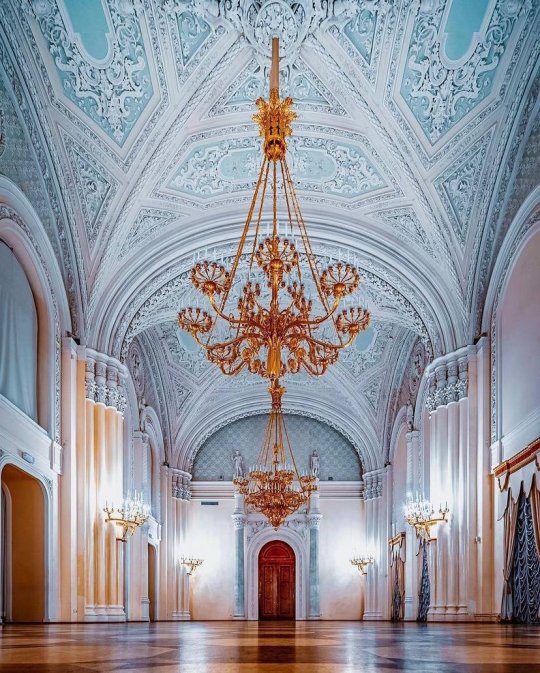

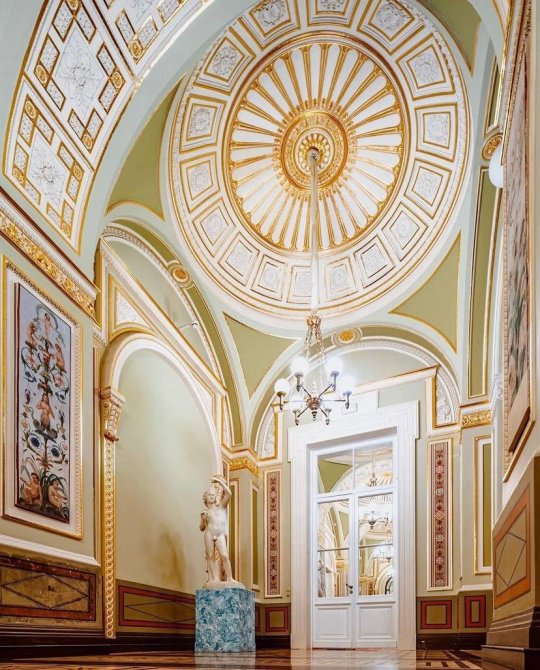



Marble Palace, St.Petersburg, Russia
#art#design#interiors#interiordesign#marble#palace#st petersburg#russia#luxury house#luxury home#luxurylifestyle#style#history#stairs#grand staircase#grigory orlov
1K notes
·
View notes
Text
Date sim with all of Cath's boyfriends WHEN

#russian history#russian empire#history#historical shitpost#Catherine ii#catherine ii of russia#historical memes#Grigory orlov#Grigory Potemkin#Platon Zubov
97 notes
·
View notes
Text
Orlo my beloved, you were too pure and smart for this world

You'll be missed

52 notes
·
View notes
Text
i’ve literally watched one episode of the great season 3 and i’m already feral i love this show
#the great#the great hulu#the great season 3#catherine the great#catherine x peter#peter iii of russia#marial#georgina dymov#grigor dymov#grigory orlo#orlov#orlo
26 notes
·
View notes
Note
There’s a tendency among the fans to treat succession as a set of ironclad rules, at least, whatever version of succession they subcribe to. But the reality is that succession is largely a matter of will to power. Any claim can be justified with right of conquest/might makes right. Various characters might have claims that make it easier for them to persuade others to support their grab for power, but they all understand on some level that the rules aren't real. Words are wind, as they like to say. To quote Petyr Baelish, it’s treason “only if we lose.”
Right of conquest only works if you win. The problem with a claim based solely on this is obvious (hence why even Robert/Jon Arryn came up with a thin pretext of Robert’s Targaryen blood in addition to this): there’s no inherent normative reason anyone else shouldn’t do it or challenge your claim immediately by trying to kill/overthrew you. The Targaryens got away with this for a while because no one else could do it both due to dragons and other barriers, long enough for their system to be fixed. (In their case, they had an advantage since the entire concept of the united Seven Kingdoms was their creation).
For instance, Catherine the Great, an impoverished Prussian princess, had come to Russia in the first place to be empress consort and mother to the next heir. She had no legal claim to the throne. Aided by her lover Grigory Orlov and his powerful family, she staged a coup just six months after her husband, Peter III, took the throne. The bloodless shift in power was so easily accomplished that Frederick the Great of Prussia later observed, “[Peter] allowed himself to be dethroned like a child being sent to bed.” Catherine not only overthrew her husband but usurped the throne from her son, ruling for 34 years as empress in her own right even though legally, she could only be a regent until her son came of age. Yet you’d be hard pressed to find many people calling her a “usurper” because Catherine knew how to get and maintain power, and she kept the most powerful people in her empire in check. She surrounded her son with spies in order to prevent him from staging a coup and taking the throne that was rightfully his. She also manipulated influential men to keep them from allying with Paul (who didn’t inherited his mother’s political acumen).
This is in response to this recent ask about usurpation and "legitimacy".
And yes, even GRRM says that in both ASoIaF and real life medieval EU, these "laws" could be distorted or ignored by lords themselves when they had the means and will to do so in So Spake Martin:



#asoiaf asks to me#fiction vs reality#european history#grrm#westeros succession#catherine the great#russian history#asoiaf writing#hotd fandom#fandom critical#hotd comment#asoiaf comment#asoiaf#agot#westerosi history
11 notes
·
View notes
Text
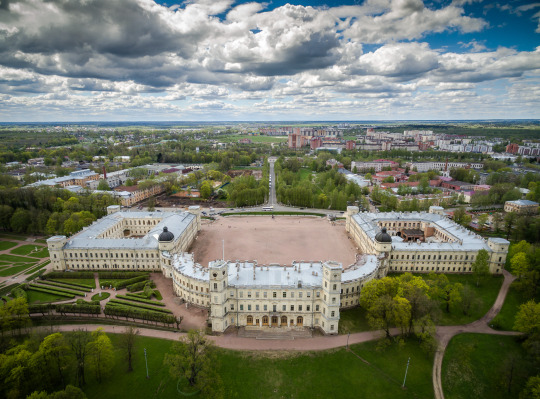


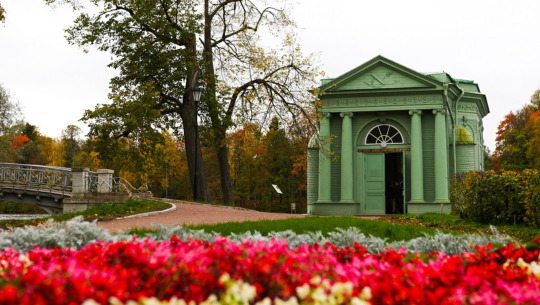

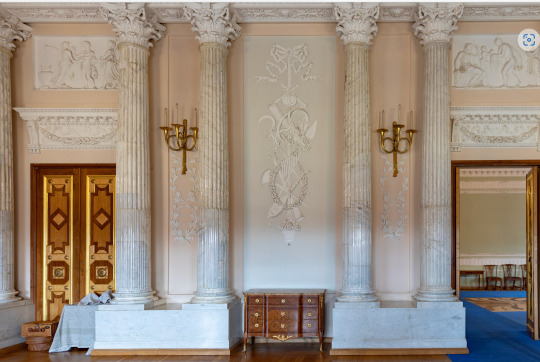
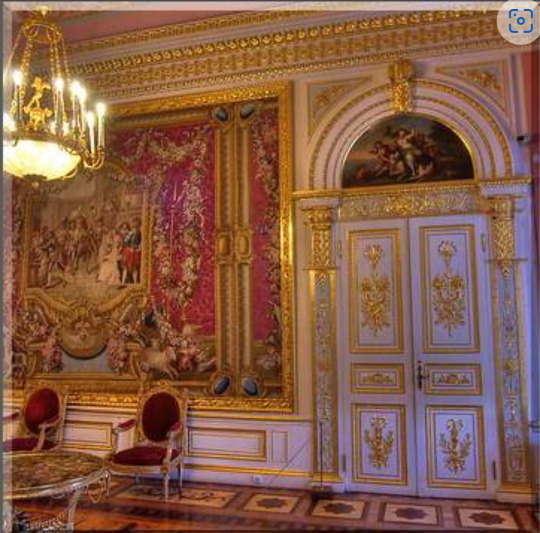
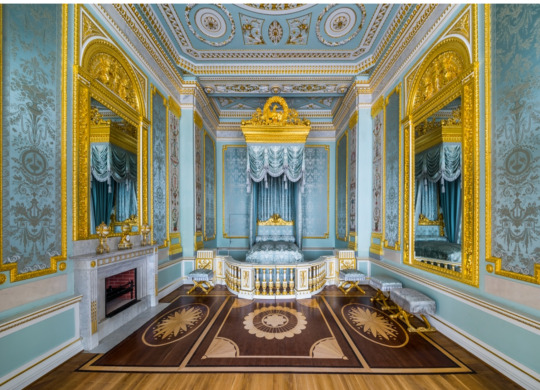




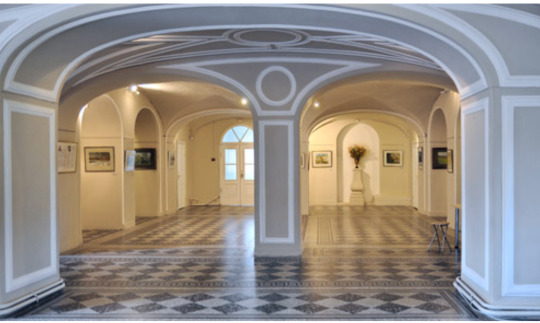
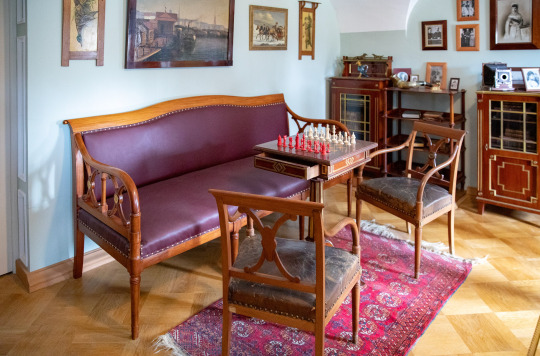

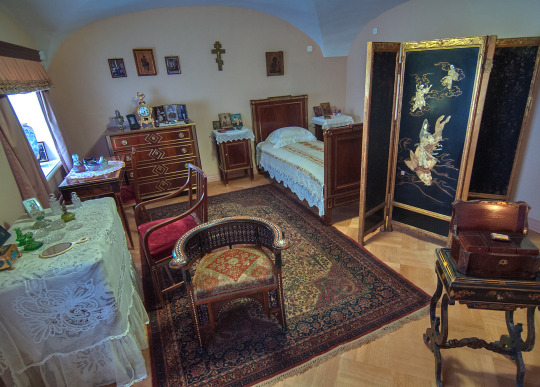
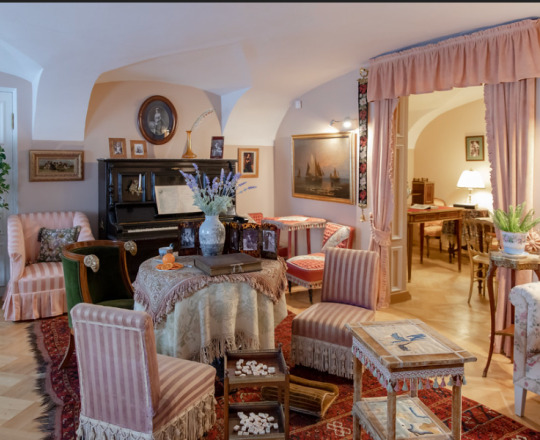
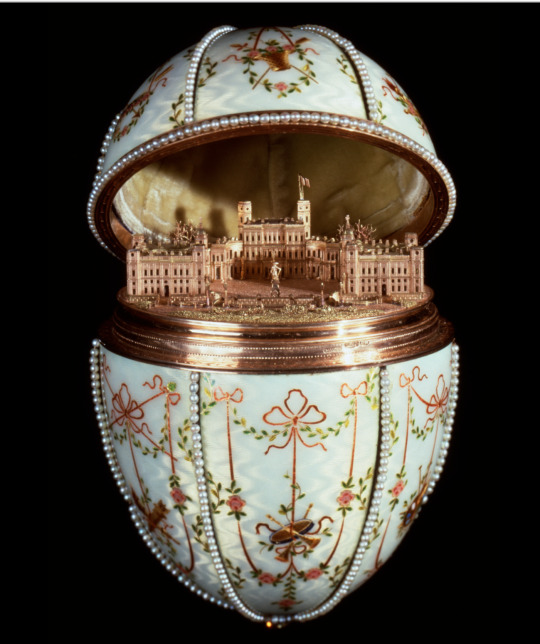
Gatchina Palace
The House Where Nicholas II Grew Up.
Gatchina Palace, located about twenty-five miles from Saint Petersburg, was built by Catherine the Great for her favorite, Count Grigory Orlov. When Orlov died, Catherine bought the estate from his heirs and gave it to her son Paul. Gatchina would go on to become Paul's favorite residence. He arranged everything to his taste.
When Paul died, the Romanovs continued to use Gatchina. Nicholas I and his consort loved to hunt and relax at Gatchina. Alexander II liked to conduct state affairs while hunting at Gatchina. After the assassination of his father, his advisors told Alexander III that he would be safer at Gatchina than at the Winter Palace. Alexander III spent most of his life at Gatchina Palace. He signed decrees and held diplomatic receptions, theatrical performances, masquerades, costumed balls, and other events and entertainment. Alexander III introduced technological modernizations new to Russia at the Gatchina Palace, such as indoor heaters, electric lights, a telephone network, non-freezing water pipes, and a modern sewage system. His children, including the future Tsar Nicholas II, spent their youth at Gatchina Palace.
Alexander III and his family stayed in the Arsenal Wing; they did not inhabit the luxurious spaces used for official business; the rooms they used for daily life had low ceilings and were small. In December 1844, after the Court had spent two long autumn months in the Gatchina Palace, the Emperor signed a decree ordering to rebuild the Kitchen Wing. Reconstruction of the Arsenal Wing began in 1846.
Gatchina became famous for its paintings, sculptures, furniture, and fine china collection. Gatchina lost a large part of its treasure during the revolution and another part when the palace was looted and badly damaged by the Nazis during WWII. Restoration work on the palace's interiors continues to this day.
27 notes
·
View notes
Text
Thousands of mourners gathered in Moscow on Friday for the funeral of Russian opposition leader Alexei Navalny, despite an ominous warning from the Kremlin that anyone participating in unsanctioned gatherings could face arrest.
Crowds of people, many clutching red carnations, gathered amid a heavy police presence to pay their respects to the Kremlin foe, with some chanting “Putin is a killer” and “you weren’t afraid, we aren’t afraid.”
More than 400 people have been detained in dozens of cities across Russia for participating in memorials in the two weeks since Navalny’s sudden and still unexplained death in a Russian penal colony in the Arctic Circle, according to OVD-Info, which monitors politically motivated arrests in Russia. At least 115 people were detained on Friday, according to the group.
Navalny, who was 47 years old, was buried in Borisovo cemetery in his childhood neighborhood in southeast Moscow. The casket of the Putin critic, who was known for his irreverent sense of humor, was lowered into the ground to Frank Sinatra’s “My Way” followed by the theme tune from his favorite film, Terminator 2.
Navalny’s sudden death has fueled concerns about the well-being of hundreds of other prisoners in Russia.
“If they could kill Navalny, they could kill anybody else,” said Grigory Vaypan, a senior lawyer at Memorial, Russia’s oldest human rights group.
There are currently 679 people serving sentences on politically motivated charges, according to Memorial, although the actual number is likely much higher, Vaypan said.
“This number is the absolute minimum. It’s the most conservative assessment that we can get,” he said.
Despite the international outcry over Navalny’s death, Moscow’s crackdown on dissent shows little sign of abating.
On Feb. 27, Oleg Orlov, chairman of Memorial, was sentenced to 2.5 years in prison for criticizing Russia’s war in Ukraine. Two days later, a court in Sverdlovsk rejected the appeal of a Russian American, Ksenia Karelina, who was detained on treason charges earlier this year for donating just over $50 to a Ukrainian charity.
The Kremlin’s crackdown on dissent has gathered pace throughout Russian President Vladimir Putin’s 24 years in power, escalating dramatically in the wake of the annexation of Crimea in 2014. The number of people in prison on politically motivated charges has increased 15-fold over the past decade, Vaypan said, with arrests surging further still since the full-scale invasion of Ukraine in 2022.
In 2022, more than 21,000 people were penalized for publicly opposing the war and faced detention and heavy fines, according to Amnesty International.
Shortly after the invasion, Putin signed a new law that prohibits the “discreditation” of the Russian Armed Forces and the dissemination of so-called fake news about the country’s military. The law has been used widely to target critics of the war.
Last year, a court in Moscow sentenced 63-year-old railway worker Mikhail Simonov to seven years in prison for making anti-war statements on the Russian social media platform VKontakte. “While killing children and women, we sing songs on Channel One [Russian state TV],” Simonov wrote. “We, Russia, have become godless. Forgive us, Lord,” Simonov wrote in a post.
“The approach is to target one person to create a chilling effect for another 1,000 or 10,000 people,” Vaypan said, of the haphazard way the law has been applied. “No one ever knows who is going to be targeted for what and who is going to be let off the hook,” he said.
The length of sentences has also increased dramatically in recent years. In 2023, dissident and Washington Post columnist Vladimir Kara-Murza was sentenced to 25 years in prison for condemning the war in Ukraine. Natalia Arno, president of the Free Russia Foundation, described the sentence as reminiscent of those handed down to dissidents in the Stalin era.
With Navalny dead, Kara-Murza, a dual British-Russian citizen, is now the most prominent Kremlin critic imprisoned in Russia. “We understand that Kara-Murza is next, and he is very high on Putin’s target list,” said Arno, a friend of the jailed Putin foe.
Kara-Murza has survived two near-fatal poisoning attempts that have left him with lingering health issues and amplified concerns about his well-being in the Russian prison system, where health care is notoriously poor.
Conditions in Russian prisons are equally grim. A 2021 State Department report described the country’s detention centers and penal colonies as “often harsh and life threatening,” noting that food and sanitation standards were low while overcrowding and abuse were rife.
A striking number of Russia’s political prisoners have been convicted on religious grounds. Their cases receive significantly less attention both within Russia and abroad. Almost two-thirds of the people considered political prisoners by Memorial have been persecuted because of their religious beliefs.
Many are adherents of Hizb ut-Tahrir, an international Islamist political organization that Russia deemed a terror group in 2003.
As with other politically motivated cases, Hizb ut-Tahrir followers were previously sentenced to two- to three-year prison terms, said Alexander Verkhovsky, director of the Sova Center, a Moscow-based think tank that studies nationalism and racism, but in recent years they have been handed down sentences of up to 24 years.
Jehovah’s Witnesses, which Russia labeled an extremist group in 2017, have also borne the brunt of an inexplicable and punishing crackdown.
Since 2017, there have been over 2,000 raids on Jehovah’s Witnesses, with 794 people facing charges, according to Jarrod Lopes, a spokesperson for the Jehovah’s Witnesses in the United States. Many of those facing charges are older adults; the trial of the oldest, 85-year-old Yuriy Yuskov, began in January.
On Thursday, a 52-year-old man in the Russian city of Tolyatti, Aleksandr Chagan, was handed an eight-year sentence for his membership in the church.
“We’ve noticed that the Russian authorities haven’t slowed down in religious persecutions. If anything, lately, things have continued to escalate,” Lopes said.
6 notes
·
View notes
Text
BONUS POLL 4: Look at all the snazzy buildings in (and around) Sankt Peterburg!
Before we convene on the final bloodbath of the season, we should just... Relax and find some more chill topic to discuss. Like fancy residences. No, I'm serious.
I've picked a handful of the most interesting residences built by house Romanov. I'm guessing the most avowed of the Romanov nerds in our audience will have the time of their life... But even if you've never heard about any of these (which, c'mon, would you really even be here if you haven't at least heard of them?) - well, at least you can check out the ample photographic material included. Because who doesn't like to look at some good Rastrelli?
OUR CONTESTANTS:



Winter Palace Construction began: 1710 on the orders of Pyotr I. Description: A historical behemoth, site of both the legendary 300th anniversary ball and Bloody Sunday. Also the seat of the Provisional Government, and as such at the center of attention during February Revolution. Part of the Hermitage museum (my beloved).



Oranienbaum (palace complex) Construction began: 1710 on the orders of Pyotr I. (well, Menshikov) Description: As mentioned, originally built as Menshikov's residence, but after his fall from grace, the palace was taken over by the royal family. Its most notable resident was Pyotr III. before his ascencion. Look, I just think it's cute, okay?



Anichkov Palace Construction began: 1741 on the orders of Elizaveta Petrovna Description: Alexander III. really loved this one for some reason (the fact that his father narrowly avoided being assassinated in the previous residence, Winter Palace, might've had something to do with it). Nikolai II. grew up here.



(Great) Gatchina Palace Construction began: 1766 on the orders of Ekaterina II. Description: Originally built for Grigory Orlov of all people, but after his death, Ekaterina thought it's so swell she bought it for the royal family. Alexander III. loved this one too, to the point that it was called "The Citadel Of Autocracy".



Alexander Palace Construction began: 1793 on the orders of Ekaterina II. Description: Built for her beloved grandson Alexander I. as a wedding gift. Alexander moved out of it after his ascencion to the throne, giving it to his brother Nikolai I. Nikolai II. was born there, and it subsequently became his favourite residence.



Saint Michael's (Engineers') Castle Built: in 1797 by Pavel I. Description: Pour one out for my boi Pavel. He didn't feel safe in Winter Palace, so he built a new one for himself, and a few weeks after it was finished, he was assassinated there. After that whole mess, the royal family didn't want anything to do with it, so they gave it to Main Engineering School (higher education institution for army engineers). I picked this one just for the historical value, and for poor Pavel I.
***
2 notes
·
View notes
Note
Who are some Russian cousin couples from your countries history?
Had to search a bit, but here's what I've found:
Igor Stravinsky + Ekaterina Nosenko (first cousins)
Nicholas II + Alexandra Feodorovna (second cousins)
Nikolai Yusupov + Tatyana Ribopier (first cousins)
Grigory Orlov + Ekaterina Zinovieva (first cousins)
Kirill Vladimirovich + Victoria Feodorovna (first cousins)
4 notes
·
View notes
Note
I totally thought that Petrov was gonna get revealed as Potemkin but I could see them doing an amalgam character or several lovers? But yeah same if they get renewed I would love to see Tony's take on Potemkin.
Lol yeah, I thought Petrov was gonna be revealed as Potemkin as well. If they got renewed (and I think the crew is fully prepared for it to not happen too) I feel like it would be hard to have any kind of post-Peter Catherine without a Potemkin type, especially as he is soooo Tony McNamara. A one-eyed military leader who has a lot of sex (including with his nieces...?) and receives the thirstiest letters from Catherine... ever?
He could definitely represented as an amalgamation. I mean, if Grigor lost an eye... Potemkin was a Grigory lol. If any man on this show loses an eye it's all over.
Speaking of, checked on the wikipedia for this show to double check Grigor's last name, and I find it kinda wild that they list Orlo AS Grigory Orlov? Like, is that an official show thing, or a fan thing? Because I know Catherine/Orlo shippers wanted Orlo to be Orlov for a while, but I don't recall anyone everyone clarifying that. And the similar-ish name aside, Orlo has zero in common with the super sexual, militaristic Orlov who really wasn't even a very good politician, lol. Arguably, there were more nods to the real Peter with Peter (not liking Catherine initially, the violin, delusions of grandeur) than Orlo to Orlov.
Not that it MATTERS, I just know people really wanted Orlo to be THEEEEEE Orlov for a while.
6 notes
·
View notes
Text
Five steps of Wikipedia for Sunday, 14th April 2024
Welcome, bienvenue, ongi etorri, fáilte 🤗 Five steps of Wikipedia from "Bust of Antinous (Gatchina Palace)" to "Arraignment". 🪜👣

Start page 👣🏁: Bust of Antinous (Gatchina Palace) "The bust of Antinous in the White Hall of the Great Gatchina Palace is an ancient Roman marble sculptural portrait of Antinous, the favorite and beloved of the Roman emperor Hadrian. The bust was created after the tragic death of the young man in 130 as one of many similar portraits as part of his..."
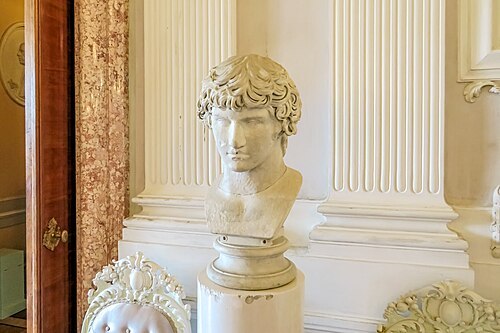
Image licensed under CC BY-SA 4.0? by Никонико962
Step 1️⃣ 👣: Gatchina Palace "The Great Gatchina Palace (Russian: Большой Гатчинский дворец) is a palace in Gatchina, Leningrad Oblast, Russia. It was built from 1766 to 1781 by Antonio Rinaldi for Count Grigori Grigoryevich Orlov, who was a favourite of Catherine the Great, in Gatchina, a suburb of the royal capital Saint..."
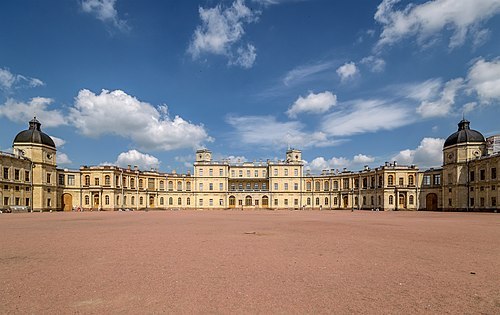
Image licensed under CC BY-SA 4.0? by Florstein (Telegram:WikiPhoto.Space)
Step 2️⃣ 👣: Anichkov Palace "The Anichkov Palace, a former imperial palace in Saint Petersburg, stands at the intersection of Nevsky Avenue and the Fontanka River. ..."

Image licensed under CC BY-SA 3.0? by A.Savin
Step 3️⃣ 👣: Andrei Zhelyabov "Andrei Ivanovich Zhelyabov (Russian: Желябов, Андрей Иванович; 29 August [O.S. 17 August] 1851 – 15 April [O.S. 3 April] 1881) was a Russian revolutionary and member of the executive committee of Narodnaya Volya. After graduating from a gymnasium in Kerch in 1869, Zhelyabov got into a Law School of..."

Image
Step 4️⃣ 👣: Bail "Bail is a set of pre-trial restrictions that are imposed on a suspect to ensure that they will not hamper the judicial process. Court bail may be offered to secure the conditional release of a defendant with the promise to appear in court when required. In some countries, especially the United..."
Step 5️⃣ 👣: Arraignment "Arraignment is a formal reading of a criminal charging document in the presence of the defendant, to inform them of the criminal charges against them. In response to arraignment, in some jurisdictions, the accused is expected to enter a plea; in other jurisdictions, no plea is required. Acceptable..."
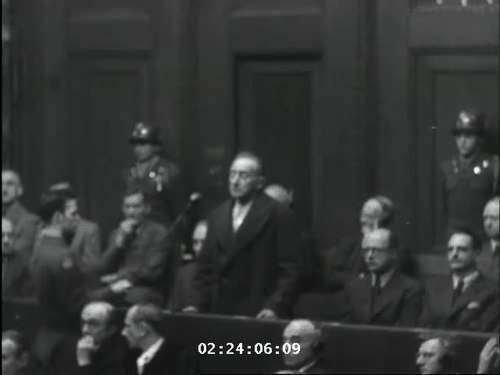
Image by Unknown authorUnknown author
0 notes
Photo
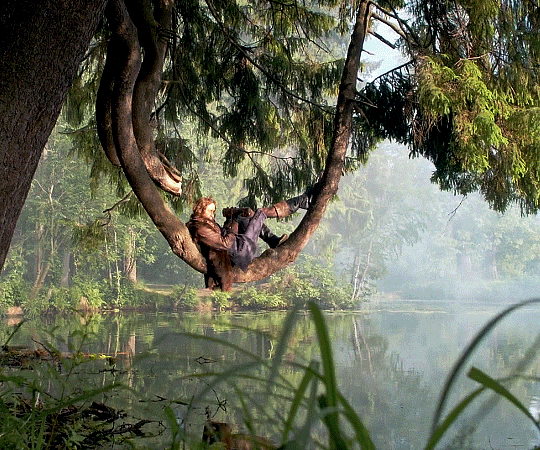

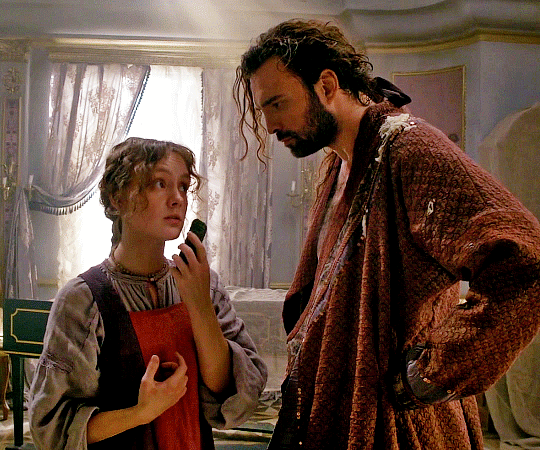
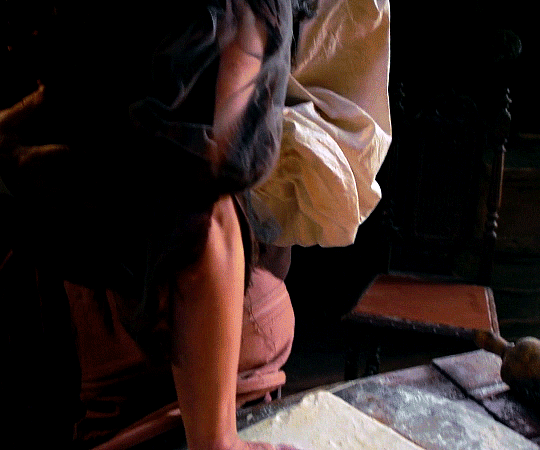

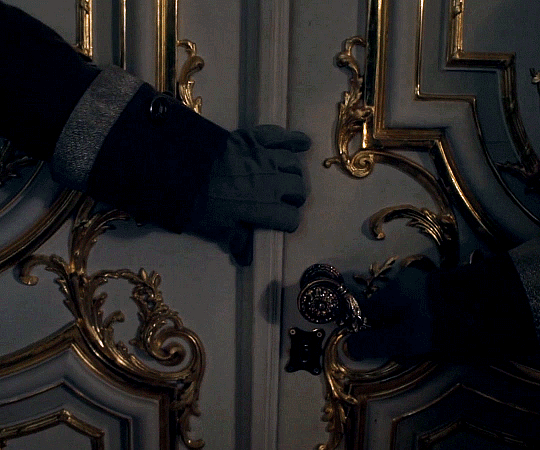
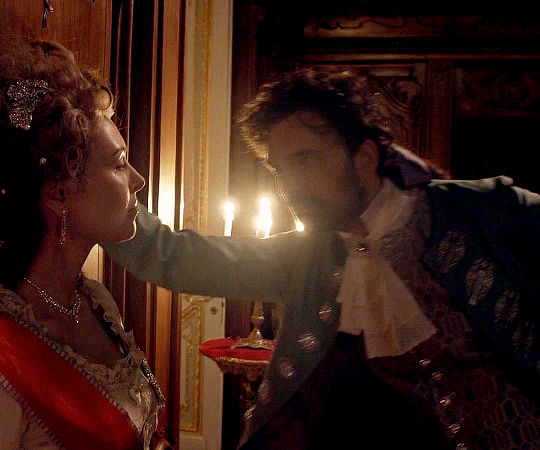
Казанова в России | Casanova in Russia (2022), 1x03
#Казанова в России#Casanova in Russia#Kazanova v Rossii#Russian cinema#Russian TV#period drama#Giacomo Casanova#Grigory Orlov#Catherine II#Catherine the Great#Anna Protasova#Artyom Tkachenko#Ivan Bosiljčić#Ivan Bosiljcic#Mariya Skuratova#Артем Т��аченко#Мария Скуратова#perioddramaedit#periodedits#russianperioddrama#Казанова в России 1x03#my gifs
59 notes
·
View notes
Text
Because I feel that Rhaenys and Corlys have Catherine and Potemkin vibes. Both are/were power couples. Also Catherine and Grigory Orlov a little because he put her on the throne like Corlys would have gladly done Rhaenys if she had given the go ahead.
I draw a lot on Elizabeth I for inspiration for Rhaenys, but I'm currently revisiting Catherine the Great and I think I could find some there, too.
4 notes
·
View notes
Photo




catherine the great + her lovers
(requested by anonymous)
#catherine the great#catherine ii of russia#sergei saltykov#stanisław august poniatowski#grigory orlov#grigory potemkin#russian history#historyedit#my gifs#creations*#requested*#catherinethegreat*
162 notes
·
View notes
Text



"Ekaterina" 3x07
#ekaterina#ekaterinaedit#tvedit#perioddramaedit#onlyperioddramas#catherine the great#grigory orlov#period drama#edits
101 notes
·
View notes
Text

Unknown Artist, 'Portrait of Princess Ekaterina Nikolaevna Orlova nee Zinovieva (b.1758 - d.1781), wife of Grigory Orlov', oil on canvas, no date (c.1777 - 1781), Russian, currently in the collection of the Finnish National Gallery, Helsinki, Finland.
#unknown artist#known sitter#grigory orlov#oil on canvas#princess orlova#1770s#1780s#russian#helsinki#finnish national gallery#order of catherine
25 notes
·
View notes